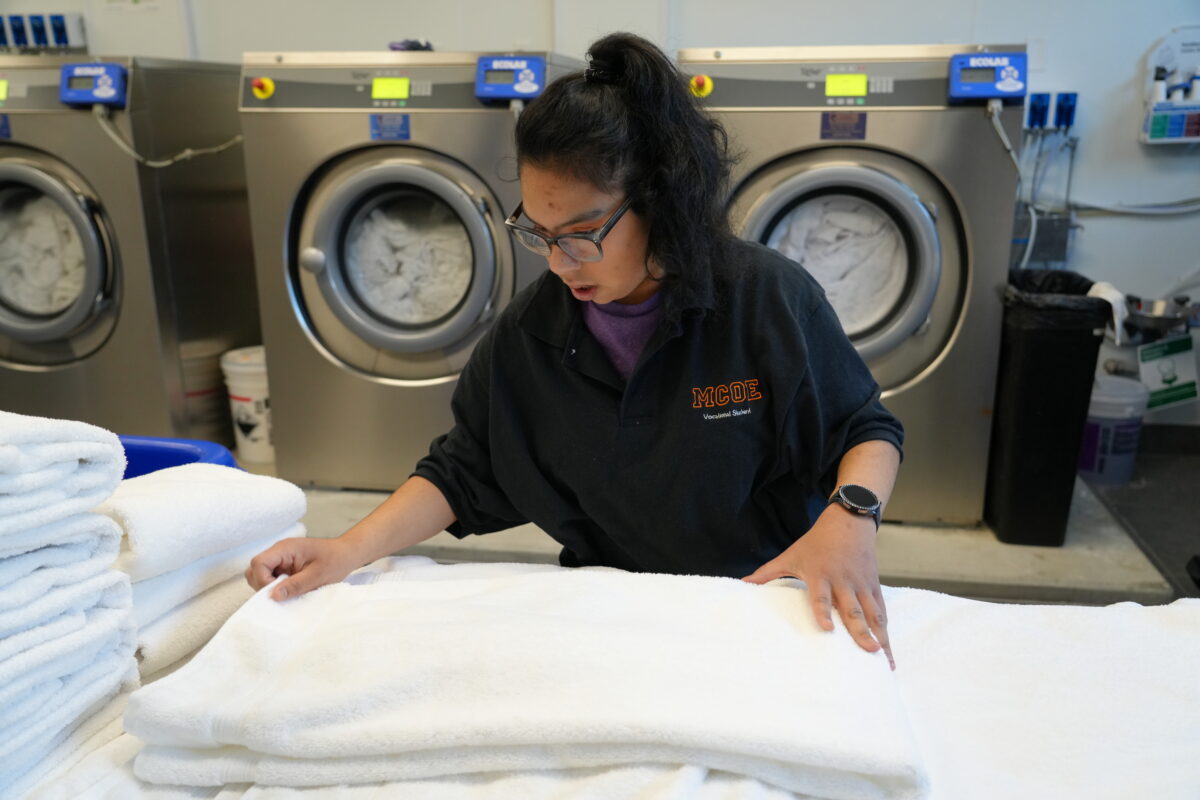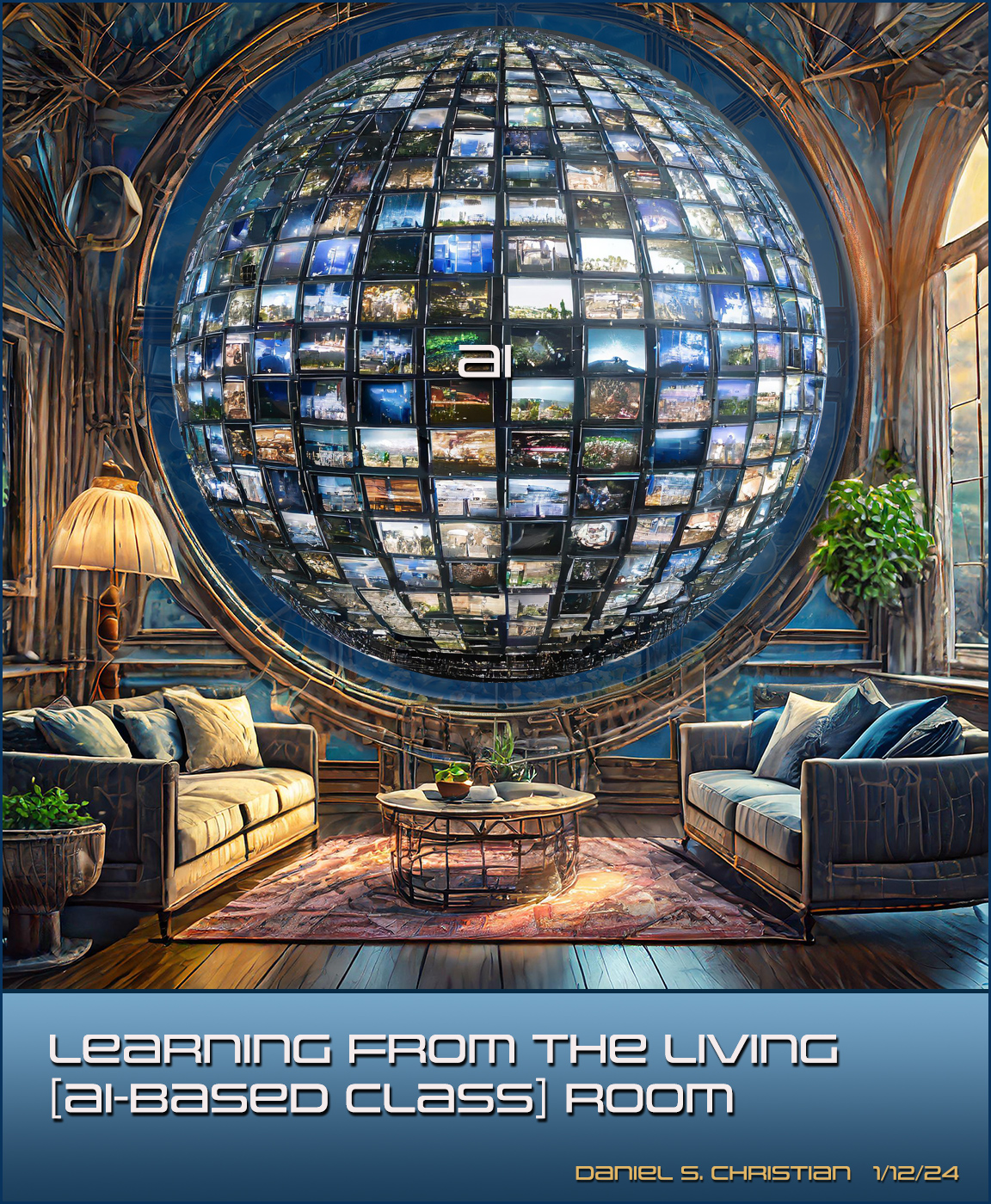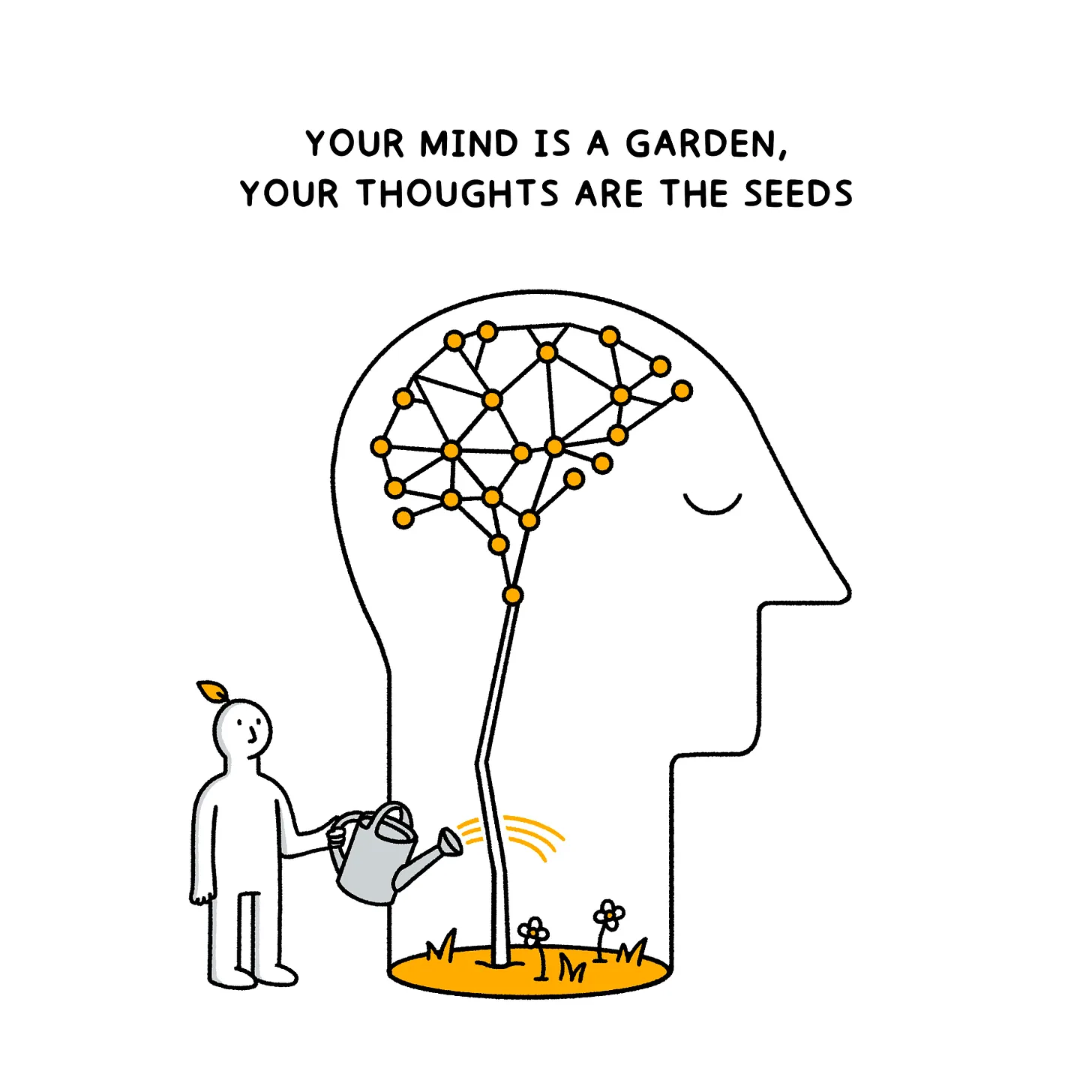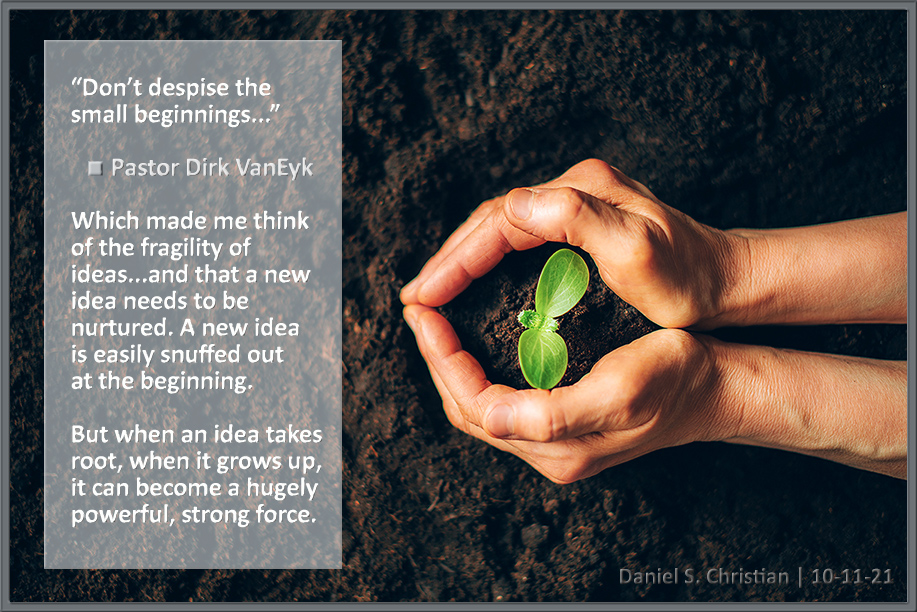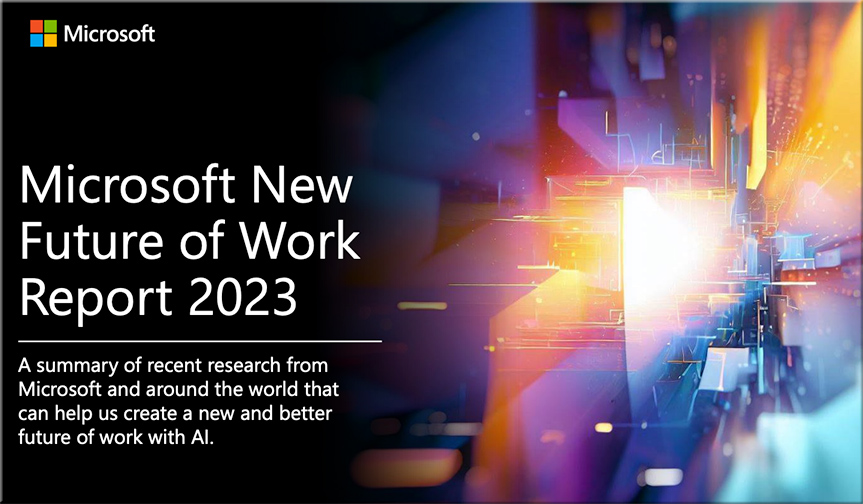From DSC:
How does this sentence hit you? I read it in a fictional book recently and it gave me pause.
…we don’t have a justice system in this country. We have a legal system.
Innovative New Project Launches to Increase Access to Justice for the Overlooked Middle Class — from iaals.du.edu by Kelsey Montague
An important addition to the national access to justice landscape, the Above the Line Network (ATLN) has launched today to tackle the daunting challenges that middle-class Americans face when seeking legal help that doesn’t break the bank. While most organized access to justice efforts rightly focus on low-income and poor people who are especially vulnerable, we can never achieve our nation’s ideal of equal justice for all when middle-class people—who make up more than 50% of the nation’s population— and small businesses struggle to find quality, affordable legal services. They are “above the line” of income eligibility for the free legal aid reserved for the poorest Americans, but they also struggle to find quality and affordable legal services in the current legal market.
Top legal tech trends for businesses to watch in 2024 — from verdict.co.uk by
- Data protection: a new regulator, more reforms and continued enforcement
- Online reforms and increased regulation
2024 in-house legal outlook series: GCs, CLOs ready for hard decisions — from legaldive.com by Lyle Moran and Robert Freedman
Legal leaders look at practical generative AI use cases and get tough on outside counsel spend, among other priorities this year.
General counsel and chief legal officers will do more work in-house with the help of tech investments, especially as more legal tech companies add generative AI and other types of artificial intelligence capabilities to the tools they offer in-house teams. At the same time, legal leaders will be exploring ways to reduce outside counsel costs, in part by giving work to smaller firms and reserving the most complex work for the largest firms.
Politico Launches AI-generated Bill Summaries Available to Politico Pro Subscribers — from politico.com by Melissa Cooke; via The Neuron
ARLINGTON, Va. – POLITICO, today announced the launch of a new, innovative feature allowing POLITICO Pro users to quickly review an AI-generated summary of Federal bills, rapidly accessing critical legislative context while benefiting from the in-depth analysis and insights that subscribers rely upon. POLITICO Pro is the leading subscription policy intelligence platform.
Legaltech is revolutionizing the way lawyers work — from verdict.co.uk by
Legaltech focuses on increasing work efficiency by addressing important but low-value or high-volume work to provide more time for lawyers to work on tasks requiring a higher skill set.
For example, in February 2023, Allen & Overy launched its generative AI platform, integrating Harvey (based on GPT-4 technology by OpenAI), into its global practice to help its lawyers with drafting legal documentation. In December 2023, Allen & Overy also created an AI contract negotiation tool, ContractMatrix, in partnership with Harvey. The firm estimates that the tool saves around seven hours when negotiating a contract. When discussing these innovations, David Wakeling, Head of the Markets Innovation Group at Allen & Overy explained that the firm’s goal was to “disrupt the legal market before someone disrupts us.”









